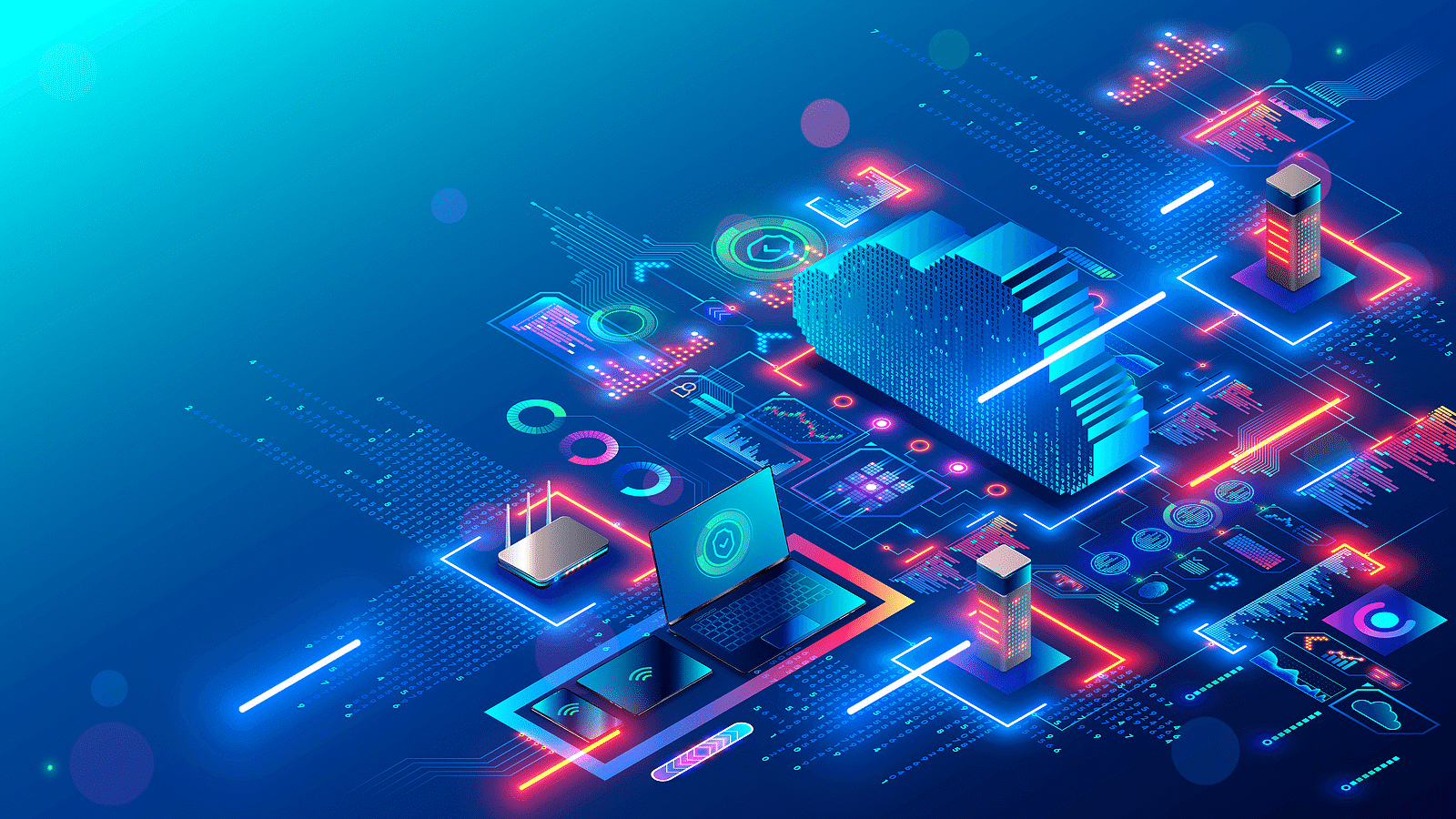Wanting to Modernize in Place Without a Heavy IT Lift? Get APIs

When it comes to modernization, governmental agencies shouldn’t be required to completely overhaul their whole infrastructure. Thus said, application programming interfaces (API) are a major technology to keep this from happening. With top-notch API integration, your agency will obtain the following benefits:
- Leveraging the existing assets and IT more effectively
- Driving governmental digital transformation
- Reducing risks
- Accelerating deployments
- Modernizing in place
With Software AG Government Solutions, you will also have a no-code or low-code integration platform capability. The API integration enables organizations to securely connect their digital government data, systems, and applications.
As the public sector encounters a wave of increased competition for IT talent and impending retirements, emerging technologies, like APIs, will significantly help them. This top-notch technology may help them develop new applications. And furthermore, these applications are developed with no consumption as many IT resources. With API-led integration, agencies can lower their risks, accelerate deployments and modernize in place. Here’s how:
The Value of APIs
Government organizations often grapple with data sprawl and disparate systems that don’t easily connect or share data with one another. To put it simply, their IT environment has become increasingly complex, which demands greater interoperability and tighter integration between data, systems and applications.
APIs drive these capabilities by making it easier for systems or applications to communicate with one another. These technologies serve as the ultimate connector, exposing the underlying business logic and data from various legacy systems for use in modern applications — no hardwiring or point-to-point integration required.
Driving Government Modernization with APIs
APIs can help agencies drive more value from their data and create more agile enterprises in several ways.
For health and human services agencies, APIs can support the secure transfer of data into a business rules engine, which can enable them to automate parts of the eligibility determination process for social service employees who are making benefits decisions, and quickly change the business rules for a citizen-facing application to meet evolving regulatory requirements.
APIs also can help agencies automate fraud detection, providing the scalable, flexible capabilities they need to process and analyze large amounts of data and detect anomalies. In addition, APIs can help agencies deploy new digital capabilities, such as self-service applications that allow constituents to easily renew their license, apply for a business permit, check the status of their tax return or pay an overdue tax bill online.
Rather than relying on slow, time-intensive batch processes, APIs can seamlessly connect and integrate data from different agencies into a single, secure repository for a variety of uses. For example, a law enforcement agency can create a common API to share data with a labor and employment agency, ensuring that someone who is currently in jail and ineligible for unemployment isn’t currently receiving benefits — potentially saving millions of public dollars for that city or state. Conversely, agencies also can use APIs to automatically confirm released offenders’ eligibility for public benefits, such as housing and food subsidies.
APIs help government organizations transform data into a true asset for innovating service delivery. However, they can’t harness the full power of this technology without the right solution — namely, a low-code no-code integration platform.
The Power of a Low-Code No-Code Integration Platform
A low-code no-code integration platform provides an integration layer that allows agencies to securely connect their data, applications and systems.
It creates a governance layer that makes it easy for agencies to separate new services with the APIs they’ll actually be called from, create different governance policies and apply different levels of security to specific assets. The platform also allows agencies to reuse data again and again from disparate systems for various purposes — whether it’s to launch a new self-service tool on an agency’s website or to streamline information gathering for compliance activities.
API-led modernization, supported by a low-code no-code integration platform, enables agencies to democratize development, increase task efficiency, create proofs of concepts and deliver citizen services faster. As the public sector faces a wave of impending retirements and increased competition for IT talent, APIs and other emerging technologies can help them develop new applications without consuming as many IT resources, potentially freeing up government IT teams to do other mission-critical work.
Building More Responsive Government
The need for modernization has never been greater, but navigating this journey is often difficult and fraught with operational risks for government organizations.
Ripping and replacing systems is no longer the only viable solution to governments’ modernization challenges. With API-led integration and a low-code no-code integration platform, agencies can modernize in place, maximize the value of their existing data, cost-effectively innovate, and build more responsive, agile government that meets citizens’ needs.
In Closing
For more information about APIs, contact Software AG Government Solutions today. Software AG Government Solutions is a growth-based software organization committed to serving the Aerospace and Defense sector with IT solutions and local, state, and federal governments of the US. You won’t go wrong with them, so contact them today!
Register for our upcoming webinar, “Modernize in Place with API-led Integration: Lower Risk & Accelerate Deployments“, to learn more.
Want to keep up with all things Software AG Government Solutions?
Share your email address below.

View our upcoming events and on-demand webinars







